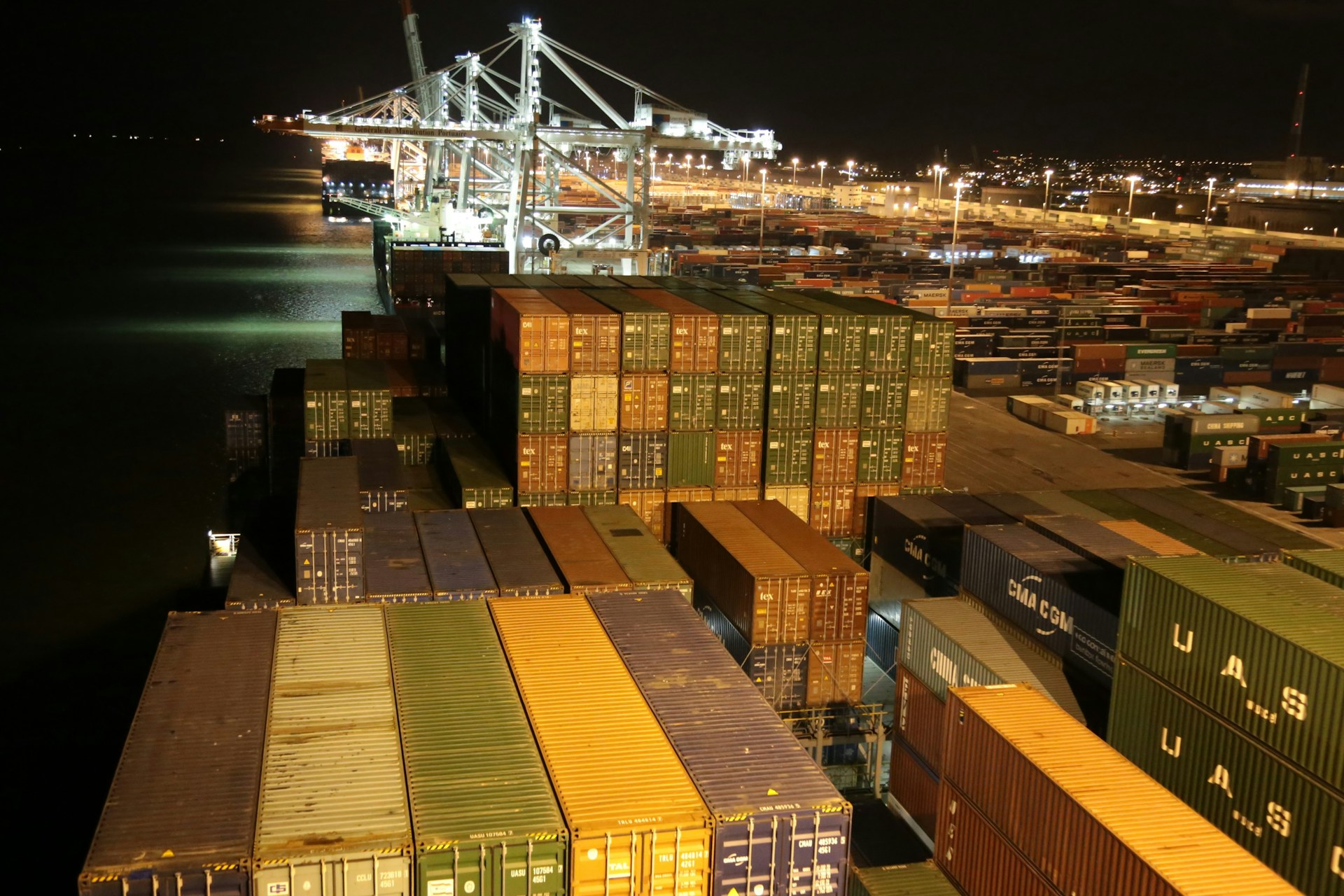Nurturing Digitalized High Value-Added Firms
Countries, governments and businesses are racing to adopt digitalization in the way they operate to reap the benefits it offers. Businesses were first movers to digitalization, benefitting them and helping realize great potential for economies and consumers.
A perfect example is semiconductor chips. This technology is now used in every electronic device – be it your smartphone or your car. Built on the back of semiconductors, people are now dabbling with the idea of advanced technologies such as AI, IoT, machine learning, cloud computing and drone technologies.
The world has benefitted greatly from the advancement and adoption of high-end technologies. And COVID-19 was the perfect test-bed for it. Amid the pandemic, it is because of the existence of high-speed internet connectivity; online payments systems and ubiquitous smartphones, businesses were able to pivot and survive. Even the numerous millions who were shunned to their homes, working and operating from closed doors was made possible, due to advancement in connectivity technologies such as Google Meet, Zoom and WhatsApp and Facebook messenger – among others.
Governments who had already been adopting emerging technologies such as remote sensing and IoT, were able to manage public utility services amid complete lockdowns, ensuring basic city services such as electricity, water and sanitation was kept up and running.
Going digital holds many benefits, but it needs to go hand-in-hand with socioeconomic and inclusive development. This is one of the topics being discussed in the upcoming Horasis India Meeting, being held between 25 to 26 September, 2022 in Vietnam. The themes discussed in the meeting will center around geopolitics, impacts of COVID-19, and the pressures being faced by global and national economies. The event will have 300 of the most senior members of Horasis, suggesting ways in which developing economies—particularly India and Vietnam—can realize a sustainable and resilient future.
Driving Innovations
Indian telecom giant Reliance Jio is planning to roll out 5G networks across the country within two months, for which it has dedicated US$25 billion. India kicked off its 5G auction, with two major telecom contenders – Reliance Jio and Bharti Airtel winning the lions share. Former CEO of Bharti Airtel, Sanjay Kapoor, believes that India will need to invest heavily in 5G infrastructure. Presently India has only about 250,000 fiberized sites dedicated to each operator, which will not be enough to make 5G coverage reach far corners of the country. He added, “to the time when we really can boast about giving a great customer experience, I think we are two, three years away.”
In 2020, the Indian government laid out a plan to invest around US$477 million to boost AI, IoT, Big Data, cybersecurity, machine learning and robotics. One such initiative was an Indian state government’s collaboration with Intel India to form an AI research centre, INAI (Intel AI). The centre focuses on solving challenges in India’s healthcare and smart mobility segment. To date the centre has accomplished understanding severe diseases such as dementia, cancer, strokes and healthy ageing using deep learning models.
The government is also asking the National Council of Educational Research & Training to introduce AI introductory courses at secondary level in schools. The CBSE (Central Board of Secondary Education) has already introduced AI as a subject in higher secondary classes in Indian schools. “All AICTE approved institutions have been suggested to offer Artificial Intelligence as an elective in B.Tech. courses and also start B.Tech courses in Artificial Intelligence and Data Science to augment the human resource in Artificial Intelligence and Data Analytics.”
Scope for Collaboration
Both India and Vietnam have much to benefit by collaborating in different areas. The countries have signed an MoU on bilateral cooperation in information technology and electronics. This will help create more channels to promote trade and investment between firms of the two countries. Additionally in August 2021, India provided non-refundable aid of US$5 million to Vietnam in facilitating high-quality human resources development, notably in IT and foreign languages.
In an interview with Economic Times, President of Vietnam, Vuong Dinh Hue had this to say about India: “In future, the two sides need to intensify investment promotion activities, promote the investment climates of the two countries to potential partners, explore investment cooperation opportunities and share experience in new areas, namely digital transformation, digital economy, IT, and application of new technology for the development of high-quality human resource needed for the Fourth Industrial Revolution.”
Photo Caption: 5G networks hold the key to unlock the potential of emerging technologies.



